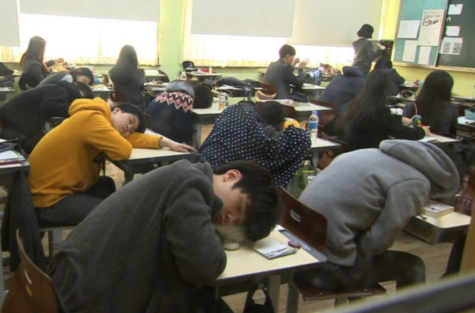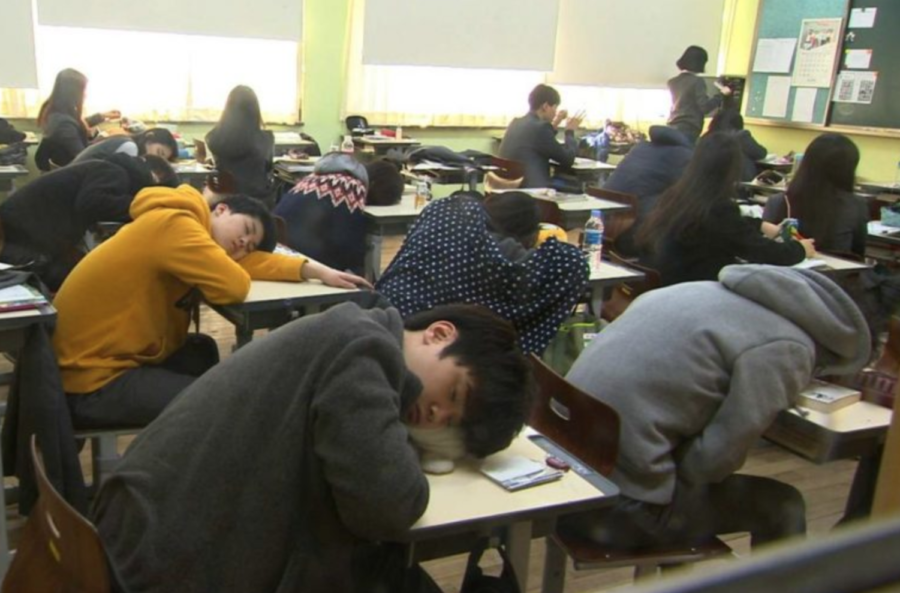Break Breakdown
May 21, 2018
For years, the amount of vacation time allotted to students has remained a global topic of debate. At a time when education seems to be increasingly competitive – in the age of prestigious universities, nearly unattainable SAT scores, and inflated GPAs – it is not uncommon to wonder if the required amount of school days, or lack thereof, plays a part in national intellect.
The National Center for Education Statistics conducted a study detailing the average number of days in a given country’s school year. Taking note of the outliers, one can compare the minimum average number of school days at 173 in Ireland, with the maximum average number of school days at 222 in Korea. The difference between these numbers is noticeable, but do these 49 days truly have any drastic effect on students? A list ranking the top eleven best schooling systems in the world argues no, with Ireland securing a respectable spot at #6. Still, skeptics question how less school could possibly correlate with a positive influence on students. A valid concern, yet discredited by the analysis of a staff writer at an American high school newspaper. Writing of the reality that is learning loss, which comes as a direct result of school breaks, the article brings up a counterargument that cannot be disregarded: “Without breaks, students would slowly deteriorate throughout the year from sleep deprivation and stress. Therefore, the pros outweigh the cons and breaks do not actually break students, but fix them” (Mycenaean). In the direction humanity is going in, school is only going to grow more difficult as pressures will continue to pile on the backs of young students.
Nations must come together now to ask themselves: is prestige really worth it if, on the way to achieve it, students are suffering, never satisfied with their grades and never given the reward of free time? For students in Korea, such infrequent breaks from school have grave effects on their health. In an article written on Korean society, readers are informed that “suicide is the fourth most common cause of death in South Korea; on average, 40 people commit suicide every day. South Korea has the highest suicide rate among the OECD (Organisation for Economic Co-operation and Development) nations” (Singh).
Clearly, depriving students of breaks from school is detrimental to the wellbeing of the population. More time off does not equate with laziness; rather, more time off validates the hard work and strenuous efforts that students today are expected to adhere to in a world consistently seeking success, yet rarely satisfied with the results.














